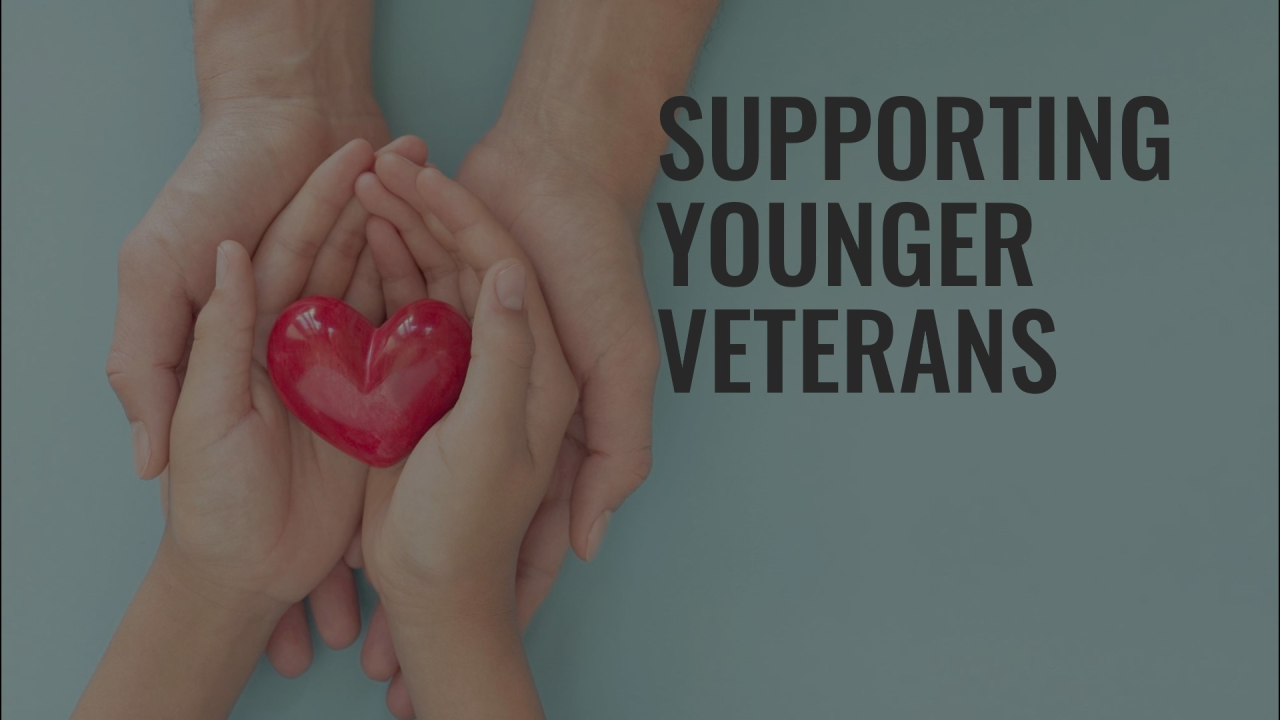
Supporting Younger Veterans: A Compassionate Approach to Cardiovascular Health
Chris Nelson
VP Federal/Tribal Affairs | Connect with me |Heart Health Advocate | Federal Relations/Strategy Expert | Op-ed author | VHA | DHA | IHS | Tribal Health
While we often think of heart health in relation to older populations, younger veterans are facing increasing risks that warrant our attention and compassion. It’s essential to focus on a pressing health concern affecting many younger service members: cardiovascular disease (CVD).
Research shows that veterans aged 18 to 44 are 30% more likely to develop cardiovascular conditions than their civilian counterparts. This statistic represents more than just numbers; it reflects the lives of young individuals—our friends, family members, and community leaders—who have bravely served our country yet now grapple with significant health challenges.
Mental Health Struggles: Many younger veterans carry the heavy burden of mental health issues such as PTSD, anxiety, and depression. These challenges, often stemming from their military experiences, can lead to unhealthy coping mechanisms, significantly increasing the risk of cardiovascular disease. It’s heartbreaking to realize that those who have protected us may feel isolated and overwhelmed in their own lives.
Lifestyle Changes: The transition to civilian life can be incredibly daunting. Many younger veterans find it challenging to establish healthy routines, leading to sedentary lifestyles and poor dietary choices. This struggle can create a sense of disconnection and uncertainty about their health, a reality that deserves our empathy and understanding.
Stress and Trauma: The unique stresses of military service, including exposure to combat, can have lasting effects on both physical and emotional health. Chronic stress can elevate blood pressure and contribute to heart disease, creating a cycle that is difficult to break. Acknowledging this burden is vital; many veterans may feel they have to carry this weight alone.
Limited Awareness: Some younger veterans may not fully recognize the importance of cardiovascular health, believing it primarily affects older adults. This misconception can prevent them from seeking the care they need, emphasizing the necessity for gentle education and outreach that resonates with their experiences.
The Department of Veterans Affairs (VA) understands these challenges and is dedicated to providing compassionate care and resources to younger veterans:
领英推荐
Comprehensive Healthcare Services: The VA offers tailored healthcare services, including regular screenings and personalized care plans focused on cardiovascular health. They strive to create an environment where veterans feel understood and supported in their health journeys.
Mental Health Programs: Recognizing the strong connection between mental health and heart health, the VA provides programs aimed at supporting younger veterans in managing PTSD and other challenges. These programs offer safe spaces for healing and connection, allowing veterans to share their stories and find solace.
Wellness and Prevention Initiatives: Through health and wellness programs, the VA encourages veterans to engage in physical activity and healthy eating. Initiatives like the MOVE! program aim to inspire veterans to take charge of their health in a supportive environment, reminding them that they are not alone in their journey.
Community Outreach: The VA actively reaches out to younger veterans, raising awareness about the importance of cardiovascular health. By fostering open conversations, they empower veterans to take proactive steps towards their well-being, creating a sense of community and belonging.
Telehealth Services: Understanding the demands on younger veterans’ time, the VA has expanded telehealth services, allowing them to receive care from the comfort of their homes. This flexibility can significantly impact their ability to prioritize their health, providing a lifeline for those who may feel overwhelmed.
The VA is dedicated to providing the resources and caring support needed to help younger veterans thrive. Let’s come together to ensure they know they are not alone and that their well-being is a priority for all of us.
Experimental Medicine , Faculty of Medicine, UBC, Vancouver | Medical Content Writing
1 个月How can healthcare providers better support younger veterans in managing their mental health to reduce cardiovascular risks? https://lnkd.in/gsaeuFhu